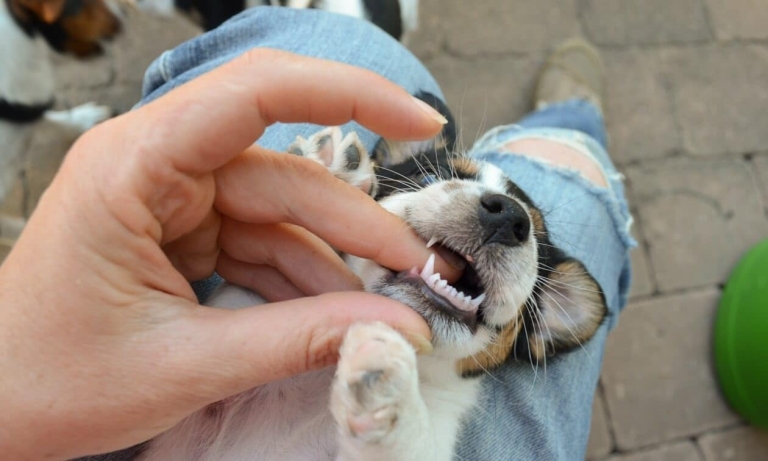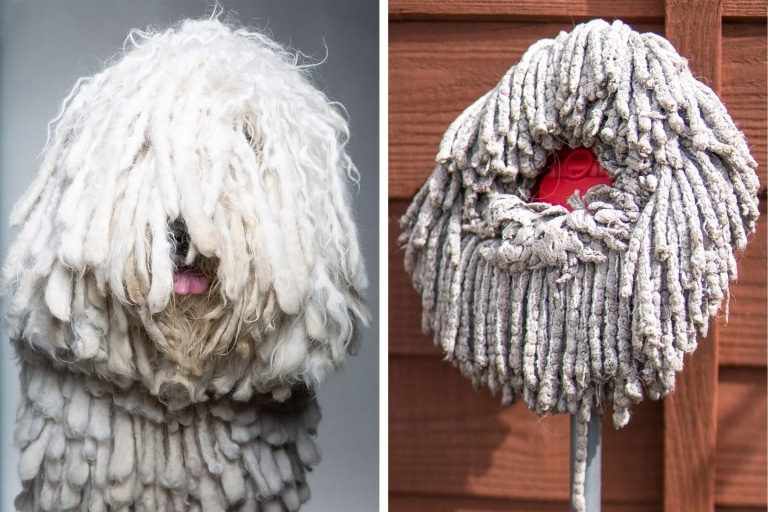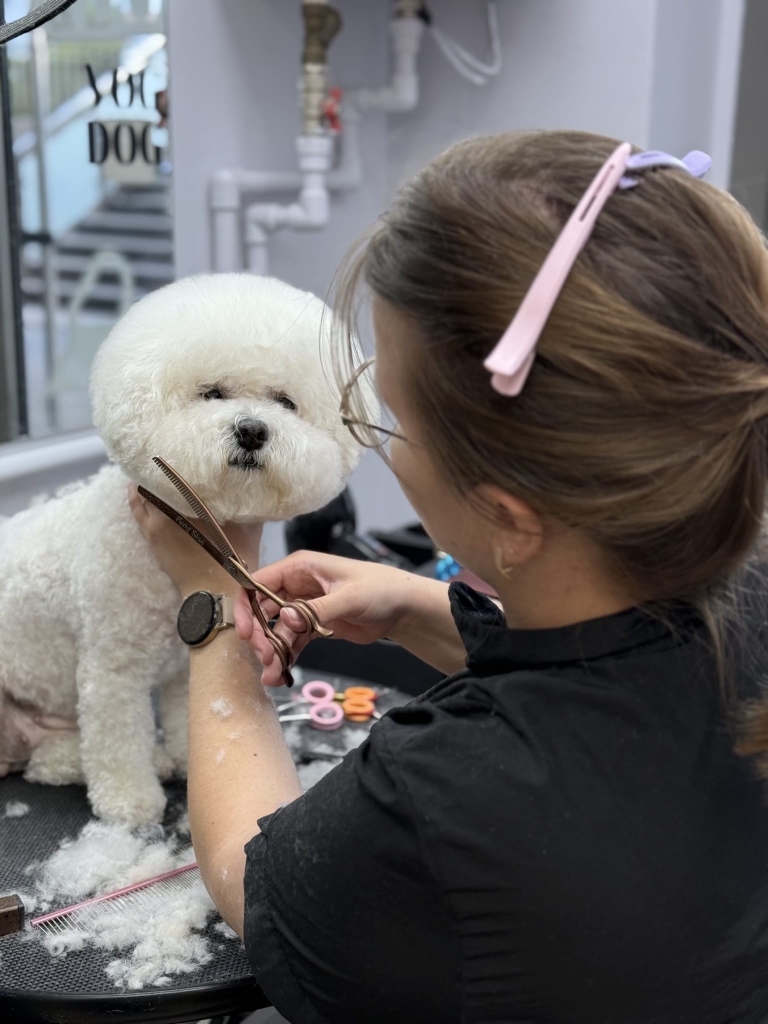Pregnancy and the period following childbirth is a crucial time in a dog’s life that requires special attention to nutrition. A specific diet helps maintain the mother’s health, stimulates her milk production, and fosters the development and growth of the puppies.
Feeding During Pregnancy
In the first 4 weeks of pregnancy, the dog can continue to receive her regular diet. However, it’s important that it is complete and balanced. The food should include proteins (meat, fish, eggs), carbohydrates (grains, vegetables), fats (flaxseed, fish oil), as well as vitamins and minerals.
Starting from the 5th week of pregnancy, the dog’s calorie needs gradually increase. The amount of food can be increased by 10-20%. It is important to divide this portion into several smaller ones to avoid overloading the stomach.
From the 8th week, the amount of food can be increased by another 20-25%. During this time, it is especially important that the food is rich in high-quality proteins. These are abundant in lean meat, eggs, and chicken breasts.
Feeding After Pregnancy
After giving birth, the dog requires a large amount of energy, especially if she is nursing the puppies.
In the first 3 weeks after childbirth, the dog should be fed food that is rich in proteins and fats to facilitate milk production. Your beloved pet may need twice as much food as usual. Again, it is advisable to divide this volume into several meals a day.
From the 4th week, you can gradually reduce the amount of food, as the puppies begin to eat solid food, and the mother no longer needs as much energy for milk production. However, it is essential to continue monitoring the dog’s health, especially her weight.
Conclusion
Feeding a pregnant and nursing dog is an exceptionally important task. It is necessary to ensure that the diet includes all the essential components: proteins, fats, carbohydrates, vitamins, and minerals. The amount of food and the number of meals per day change depending on the stage of pregnancy or lactation.
Despite this, there are no universal recommendations, as needs may vary depending on the breed, age, weight, overall health of the dog, and the number of puppies. Therefore, it is best to consult with a veterinarian regarding the feeding of your dog during pregnancy and after childbirth.









